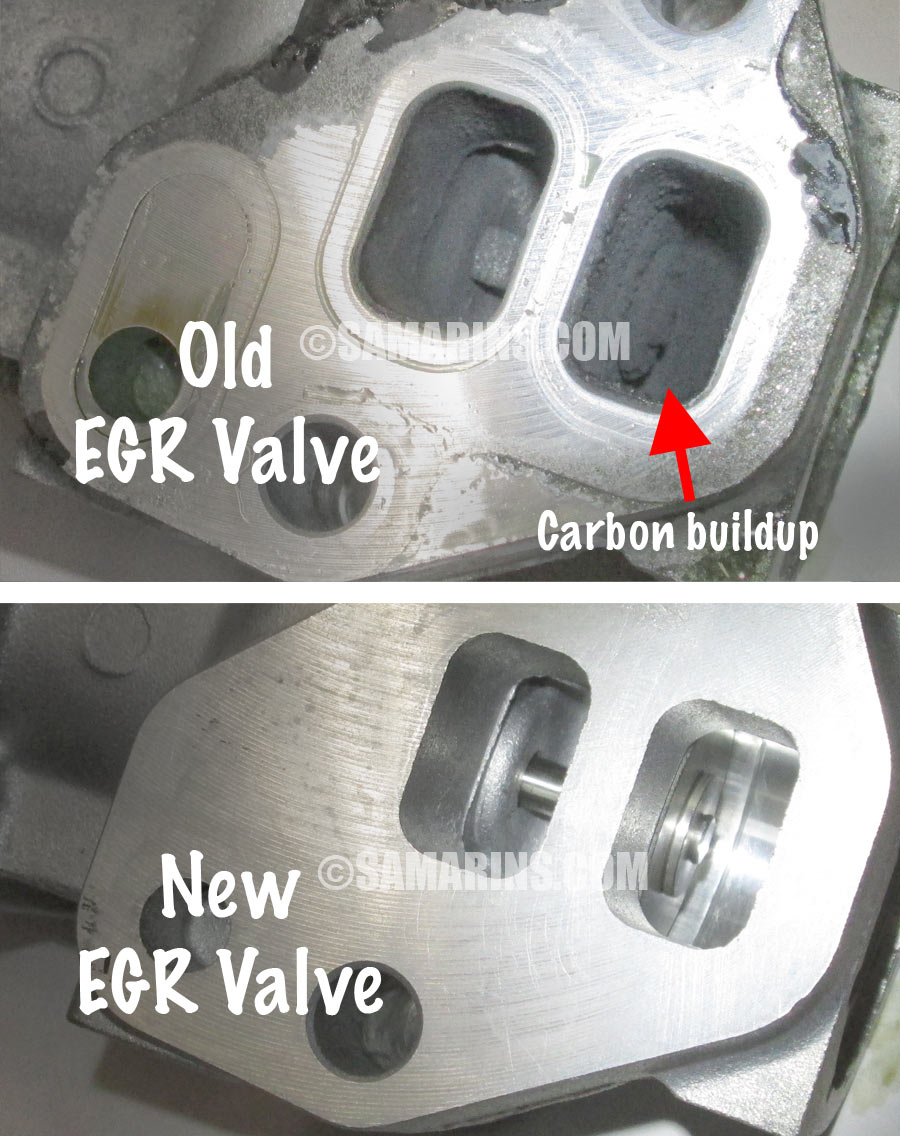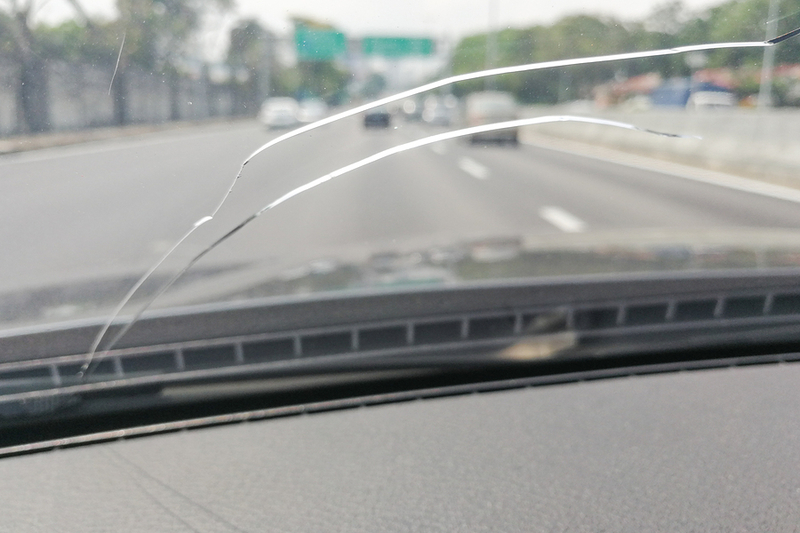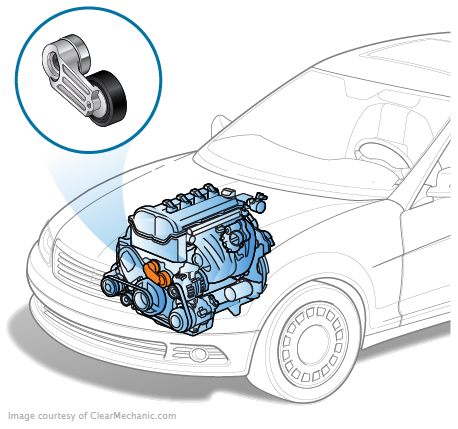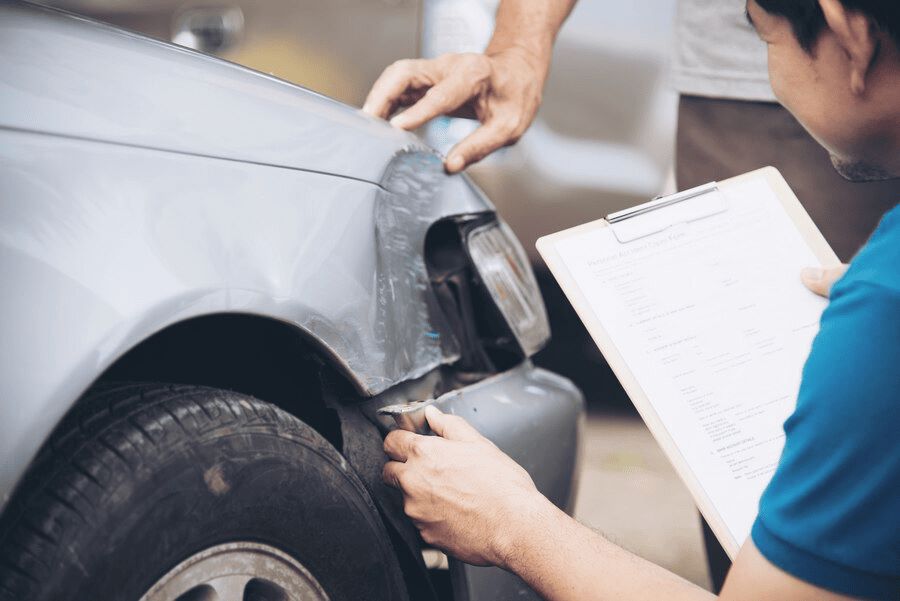Can a Bad Egr Valve Cause a Car Not to Start
A bad EGR valve can prevent a car from starting. It can disrupt the air/fuel mixture, causing start-up failures.
A malfunctioning Exhaust Gas Recirculation (EGR) valve can be a subtle saboteur within your vehicle’s engine system. As a critical component designed to reduce emissions by recirculating a portion of the exhaust gases back into the engine cylinders, its proper functionality is vital.
Should it fail, the EGR valve may create significant issues that extend beyond environmental concerns. It can upset the delicate balance of the air-to-fuel ratio, leading to a myriad of engine performance problems, including the possibility of stalling the engine before it even starts. Car enthusiasts and drivers alike should be aware of the importance of the EGR valve and its potential to disrupt your vehicle’s ignition process. Regular maintenance checks can help ensure this essential part functions correctly, thus avoiding the dreaded no-start scenario caused by a defective EGR valve.
Egr Valve Functionality
The EGR valve plays a critical role in a car’s engine. It stands for Exhaust Gas Recirculation. This component reduces emissions and improves engine efficiency. But what happens when this crucial part fails? Could it be the reason why a car won’t start? Let’s dive into the basics and role in engine performance to understand more.
Basics Of Exhaust Gas Recirculation
EGR valves were introduced to combat air pollution. They work by recirculating a portion of exhaust gases back into the engine cylinders. This process lowers combustion temperatures and reduces harmful emissions.
Role In Engine Performance
The performance of your engine ties closely to the EGR valve function. By recirculating exhaust, it aids in:
- Preventing knock, which can damage engines.
- Lowering temperatures in the combustion chamber.
- Reducing nitrogen oxide emissions.
A faulty EGR valve can lead to decreased air quality and engine performance. It’s vital for your engine’s health to ensure this component works properly.
Symptoms Of A Failing Egr Valve
The Exhaust Gas Recirculation (EGR) valve plays a crucial role in reducing emissions and ensuring your vehicle runs smoothly. When this component begins to fail, it can lead to a range of engine problems, some of which can prevent your car from starting. Recognizing the symptoms of a failing EGR valve is essential for maintaining your vehicle’s performance and avoiding more serious issues down the line.
Rough Idle And Stalling
A common indicator of a faulty EGR valve is a rough idle. This can be especially noticeable when the vehicle is at a complete standstill. An EGR valve that sticks open can cause excessive amounts of exhaust gases to circulate back into the intake manifold. This disrupts the air-fuel mixture balance, leading to an unstable engine idle.
- Engine vibrates more than usual
- Car shakes while idling
- Engine cuts out unexpectedly
When the valve fails to close properly, stalling can occur. The engine might stop running entirely when you’re stopped at a traffic light or during slow driving conditions.
Check Engine Light Activation
An EGR valve that’s not functioning correctly can trigger your car’s check engine light. Modern vehicles feature onboard diagnostics that monitor the performance of the EGR system. If the EGR valve malfunctions, generates incorrect data, or communicates no data at all, it will activate the warning light on your dashboard.
| Check Engine Light Indicators | |
|---|---|
| Solid Illumination | An issue detected but not an emergency |
| Blinking Light | Potentially serious issue; requires immediate attention |
Should the check engine light come on, a proper diagnosis with an OBD-II scanner can confirm whether the EGR valve is the culprit. Ignoring this warning could lead to further engine damage and impair the vehicle’s start-up ability.
Egr Valve And Engine Start Issues
The Exhaust Gas Recirculation (EGR) valve plays a crucial role in reducing emissions and enhancing the overall performance of your vehicle. It might surprise you, but this small component can be the culprit behind your car’s refusal to start. Let’s explore how EGR valve problems could be stopping your engine from coming to life.
Impact On Air-fuel Mixture
A faulty EGR valve affects the air-to-fuel ratio necessary for your engine to ignite. The EGR valve typically introduces a precise amount of exhaust gases back into the combustion chamber to cool the temperature, reducing NOx emissions. If it malfunctions, your engine might get too much or too little air. Let’s break down this delicate balance through a simple list:
- Too much exhaust gas can choke the engine, leading to a rich fuel mixture.
- Not enough exhaust gas creates a lean mixture, potentially causing higher combustion temperatures and knocking.
With either scenario, the air-fuel mix is thrown off; thus, the engine may fail to start.
Influence On Engine Timing
The next puzzle piece is the engine timing. This involves the precise synchronization of the engine’s mechanical elements. If your EGR valve is stuck open or closed, it disrupts this delicate dance. Here’s what happens:
| Valve Condition | Effect on Engine Timing |
|---|---|
| Stuck Open | Causes pre-ignition, resulting in rough idling and potential engine misfire. |
| Stuck Closed | Leads to excessive NOx emissions and potentially damages the engine in the long run. |
With disrupted timing, your engine might not start due to improper air/fuel combustion. In essence, a dysfunctional EGR valve can cause your car starting woes, emphasizing the importance of its proper maintenance.

Credit: www.youtube.com
Diagnosing A Defective Egr Valve
When a car refuses to start, a defective Exhaust Gas Recirculation (EGR) valve might be a culprit. Identifying this issue involves a few steps. A smooth diagnosis ensures a swift fix. Let’s dive into how to determine if you have a bad EGR valve.
Visual Inspection Steps
To conduct a visual inspection:
- Locate the EGR valve in the engine bay.
- Check for visible damage such as cracks or breakage.
- Inspect the valve for carbon buildup.
- Test the diaphragm for proper movement.
- Look for broken vacuum lines or connections.
- Check the mounting bolts for tightness.
Diagnostic Trouble Codes
A car’s onboard diagnostics can reveal EGR issues. To extract the codes:
- Connect an OBD-II scanner to the car.
- Turn on the ignition to power the diagnostic tool.
- Read the fault codes displayed on the scanner.
- Look up codes related to the EGR system.
EGR-specific trouble codes often start with “P040” followed by another digit.
Fixing Egr Valve Problems
Is your car refusing to start? Often overlooked, the EGR Valve could be the culprit. Understanding the role of the Exhaust Gas Recirculation (EGR) valve is vital for keeping your vehicle in top condition. It redirects some exhaust gases back into the intake manifold, reducing emissions. But when it malfunctions, trouble kicks in. This section guides you through the common fixes for EGR valve problems.
Cleaning Versus Replacement
A faulty EGR valve might need cleaning or complete replacement. Before deciding, examine the valve.
- Cleaning: A dirty EGR valve often causes issues. Use a specialized EGR valve cleaner and follow the product instructions closely. Careful cleaning can restore function without the need for expensive parts.
- Replacement: Sometimes cleaning won’t cut it. If the valve is damaged or too worn, replacement is the only option. Ensure the new valve is compatible with your car’s make and model.
Preventive Maintenance Tips
To avoid EGR valve problems, implement these preventive maintenance tips:
- Regularly Inspect: Make EGR valve inspection part of your routine maintenance schedule.
- Use Quality Fuel: High-quality fuel can reduce the buildup of deposits in the engine and EGR valve.
- Timely Cleanings: Don’t wait for symptoms to appear. Clean the EGR valve at suggested intervals.
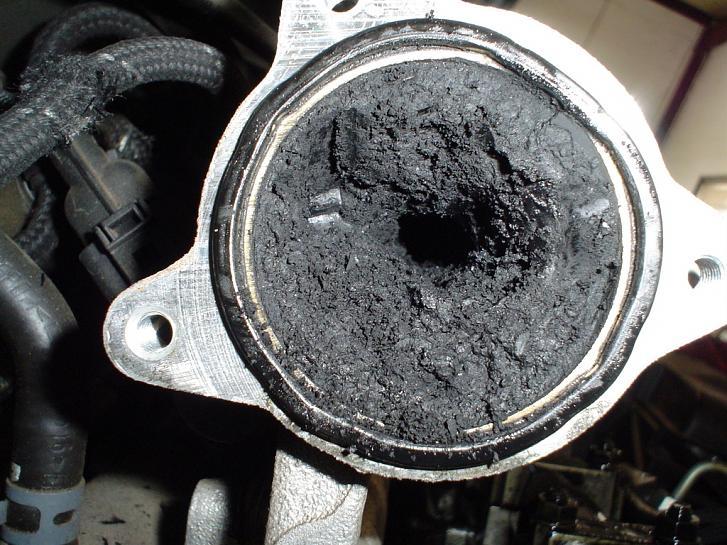
Credit: carfromjapan.com
Credit: www.quora.com
Frequently Asked Questions For Can A Bad Egr Valve Cause A Car Not To Start
Can A Bad Egr Valve Prevent Engine Start?
A faulty EGR valve can lead to starting issues. It may cause engine performance problems by disrupting the air-fuel mixture, leading to difficulties in ignition and preventing the car from starting.
What Symptoms Indicate A Failing Egr Valve?
Symptoms of a failing EGR valve include rough idling, reduced engine power, poor fuel economy, and an illuminated Check Engine light. Sometimes the car might also emit more exhaust fumes than usual.
How Does Egr Valve Failure Affect Car Performance?
An EGR valve failure can significantly impair car performance. It typically leads to increased nitrogen oxide emissions, engine knocking, and reduced fuel efficiency, hindering the vehicle’s smooth operation.
Can Cleaning The Egr Valve Fix Starting Problems?
Cleaning the EGR valve may resolve starting issues if dirt and carbon buildup are the culprits. However, if the valve is damaged or its electronics are faulty, replacement might be necessary.
Conclusion
Understanding the role of an EGR valve is essential for any car owner. A faulty EGR valve can indeed prevent your engine from starting. Regular checks and timely maintenance are your best defense against such issues. Keep your vehicle’s EGR valve in good health and ensure a smoother, trouble-free start every time.
Safe driving starts with proper car care.

